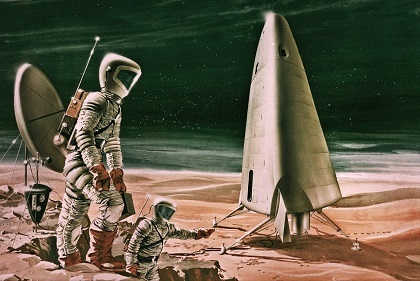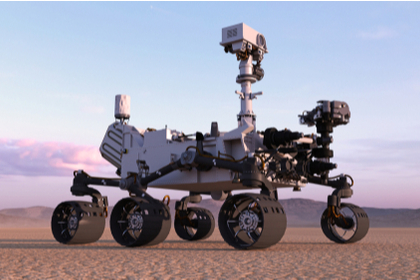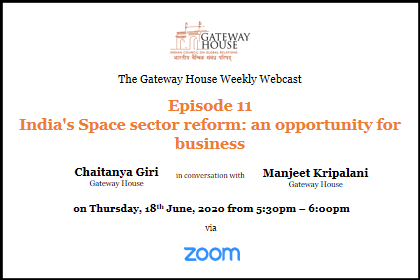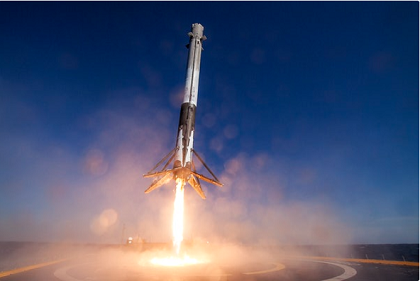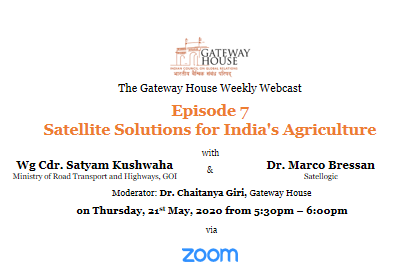Beyond BECA
India has institutionalized a robust civilian-space agreement with the U.S. through the Joint Working Group on Civil Space Cooperation in 2005 and added a military dimension to it in 2020 when it signed the U.S.-India BECA Agreement. The two countries should now partner to secure each other’s interest in the rapidly-maturing space economy sector.



